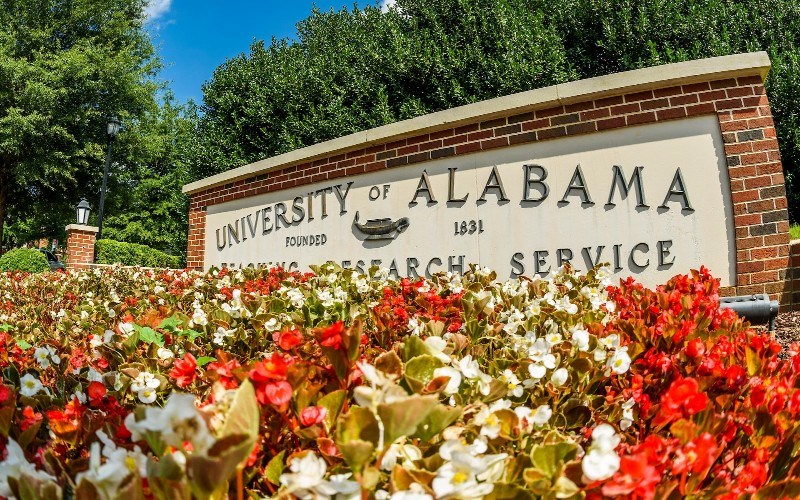Almost seven years ago, the University of Alabama banned an itinerate preacher from speaking to students or handing out literature on a public city sidewalk that it claims is part of the campus because it runs near one of the state-funded school's buildings. It was in March 2016 that university administrators in Tuscaloosa told Rodney Keister, a traveling evangelist, he had to obtain a permit to participate in "expressive conduct" on university grounds.
Keister was in the area near Smith and Lloyd Halls, across street from a wide-open grassy field known as the Quad.
As he chose to pursue legal remedy, Keister saw his case (Keister v. Bell) work its way up the ladder to the Eleventh U.S. Circuit Court of Appeals, which in January 2018 sided with the university. Now, a group that encourages colleges and universities to adopt speech-friendly policies that align with the First Amendment has filed a "friend of the court" brief asking the U.S. Supreme Court to hear the case.
In its brief, the Foundation for Individual Rights and Expression opines that in today's educational community "many administrators treat their campuses as fiefdoms, their students as peons, and non-students like Mr. Keister as invading ants." FIRE attorney Abby Smith tells AFN that administrators at public colleges and universities need to understand the First Amendment applies to them, too.

"The University of Alabama is absolutely violating the First Amendment here by restricting the rights of this evangelical preacher and anyone who happens to walk down a public city sidewalk," she argues.
FIRE contends that when left alone, public colleges and universities "often choose to ignore" the First Amendment – especially "when speech is inconvenient, unpopular, or critical of the school." And that's specifically the type of speech the amendment was designed to protect, says the group.
Smith points out that SCOTUS has ruled for decades that free speech on public sidewalks cannot be restricted. "However, the Supreme Court has never directly addressed the issue of whether a campus sidewalk is necessarily subject to the First Amendment," she explains.
In addition, Smith says the Eleventh Circuit has "wrongly ruled" that universities can restrict speech on campus sidewalks – even green areas and public spaces. Such policies, she argues, must be challenged in court.







